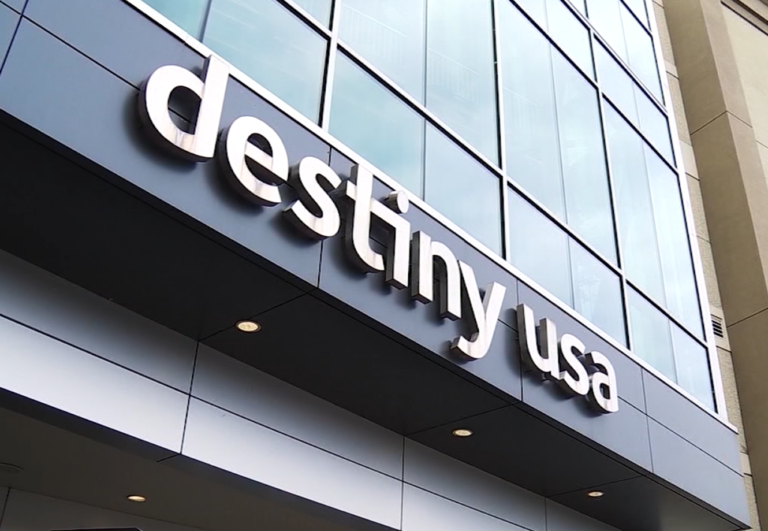
Elon Musk Criticizes U.S. Workforce, Fuels Immigration Policy Debate
Introduction
Elon Musk, a name synonymous with technological innovation, entrepreneurship, and bold opinions, has once again found himself at the center of controversy. This time, the Tesla and SpaceX CEO has stirred heated debates by endorsing a social media post suggesting that Americans are too “retarded” to qualify for skilled jobs, a statement that has elicited strong reactions from both supporters and critics.
The post, which touches on sensitive issues of labor, immigration, and national identity, has reignited the conversation about skilled immigration policies like the H-1B visa program and their impact on the American workforce. While Musk has consistently advocated for global talent acquisition, this recent development has highlighted the complexities and sensitivities surrounding these topics.
This article delves into the controversy, exploring its origins, implications, and the broader debate about the future of skilled labor in the United States.
(Facebook: Like, X: Follow, Telegram: Join us)
The Context of Elon Musk’s Comments

Musk’s endorsement came in response to a contentious post on X (formerly Twitter), where derogatory language was used to describe American workers, specifically in the context of their suitability for skilled jobs. The post implied a preference for hiring foreign workers, reigniting debates about the United States’ reliance on immigrant talent for critical sectors like technology, engineering, and healthcare.
Musk, a vocal advocate for immigration reform, has long argued for the need to attract top talent from around the world. He believes that this approach is essential to maintaining America’s leadership in innovation and economic growth. However, his recent alignment with the controversial post has been seen by many as an unnecessary provocation, adding fuel to an already divisive issue.
The Role of Skilled Immigration in the U.S. Economy

The H-1B visa program, a key focal point in this debate, allows U.S. companies to employ foreign workers in specialized fields. Advocates of the program argue that it fills critical skill gaps, particularly in industries like technology and healthcare, where domestic talent supply often falls short of demand.
Elon Musk has consistently championed the need for skilled immigration, emphasizing that America’s future competitiveness relies on access to the best and brightest minds, regardless of their country of origin. He has pointed to the success of immigrants in shaping major U.S. companies, including his own ventures, as evidence of the program’s benefits.
However, critics argue that such programs can disadvantage American workers by creating competition for jobs, driving down wages, and reducing opportunities for local talent. Musk’s recent comments have only added to these concerns, with many questioning whether his vision for America’s labor force sufficiently prioritizes domestic workers.
Backlash and Political Implications

The backlash to Musk’s endorsement was swift and widespread. Political figures, labor advocates, and social media users condemned the language used in the post and questioned Musk’s perspective on American workers.
Former U.S. Ambassador Nikki Haley weighed in, asserting that Americans are capable and deserving of opportunities in their own country. Haley’s comments reflect a broader sentiment that policies should prioritize domestic investment and workforce development over reliance on foreign labor.
Musk’s comments have also exposed divisions within the political landscape, particularly among his supporters. While some align with his pro-immigration stance, others view his position as dismissive of American workers’ capabilities and contributions.
The Broader Debate on Labor and Immigration
At the heart of this controversy lies a broader debate about the future of work in the United States. As technology continues to evolve, the demand for highly skilled workers is growing. Yet, the U.S. education system and workforce training programs often struggle to keep pace with these changes, leaving critical gaps in the labor market.
Skilled immigration offers a short-term solution to these challenges, but it also raises questions about long-term strategies for workforce development. Should America invest more in STEM education and vocational training to cultivate homegrown talent? Or should it continue to rely on immigrant labor to meet immediate needs?
Elon Musk’s comments, while inflammatory, underscore the urgency of addressing these questions. They also highlight the need for a balanced approach that recognizes the value of both domestic and foreign contributions to the economy.
Perspectives from Industry Leaders

Musk is not alone in his advocacy for skilled immigration. Many industry leaders share his view that attracting global talent is essential for maintaining America’s competitive edge. Sundar Pichai, CEO of Google, and Satya Nadella, CEO of Microsoft, are among those who have voiced similar opinions, often citing their own experiences as immigrants leading major U.S. companies.
However, these perspectives are often met with skepticism from those who see them as self-serving. Critics argue that large corporations benefit disproportionately from skilled immigration, often at the expense of smaller businesses and local communities.
Public Opinion on the Issue
Public opinion on skilled immigration remains deeply divided. While many Americans recognize the contributions of immigrants to the economy, others express concerns about the potential impact on wages, job availability, and cultural identity.
Surveys indicate that attitudes toward immigration often vary based on factors like political affiliation, education level, and geographic location. In general, urban and highly educated populations tend to be more supportive of immigration, while rural and less educated groups are more likely to view it as a threat to their economic security.
The Future of Skilled Labor in America
As the controversy surrounding Elon Musk’s comments continues to unfold, it raises important questions about the future of skilled labor in America.
- Investing in Education and Training: How can the U.S. better prepare its workforce for the demands of a rapidly changing economy?
- Balancing Domestic and Foreign Talent: What policies can ensure that skilled immigration complements, rather than competes with, domestic labor?
- Fostering Innovation: How can the U.S. maintain its position as a global leader in technology and innovation while addressing these challenges?
Addressing these questions will require collaboration among policymakers, business leaders, educators, and workers. It will also require a willingness to engage in honest and constructive dialogue, even on divisive issues.
Conclusion
Elon Musk’s recent social media comments have reignited debates about skilled labor, immigration, and the American workforce. While his endorsement of a controversial post has drawn criticism, it also highlights the complexities and stakes of these issues.
As the U.S. grapples with labor shortages, economic uncertainty, and technological transformation, the need for thoughtful and balanced solutions has never been greater. Whether through skilled immigration, domestic workforce development, or a combination of both, the path forward will shape not only the nation’s economy but also its identity and values.
FAQs
What did Elon Musk say about American workers?
Musk endorsed a controversial social media post claiming Americans were too “retarded” for skilled jobs, sparking backlash.
What is the H-1B visa program?
The H-1B visa program allows U.S. companies to hire foreign workers in specialized fields like technology and healthcare.
Why is skilled immigration a divisive issue?
While it addresses labor shortages, critics argue it can disadvantage American workers by increasing competition and lowering wages.
How has Elon Musk contributed to the skilled labor debate?
Musk has advocated for skilled immigration to drive innovation but faced criticism for comments perceived as dismissive of American workers.
What are the alternatives to skilled immigration?
Investing in STEM education, vocational training, and workforce development can help cultivate domestic talent.
How can the U.S. balance domestic and foreign labor needs?
Policymakers must create strategies that prioritize both domestic workforce development and the benefits of attracting global talent.
Do Follow For More News : DailyForesight



